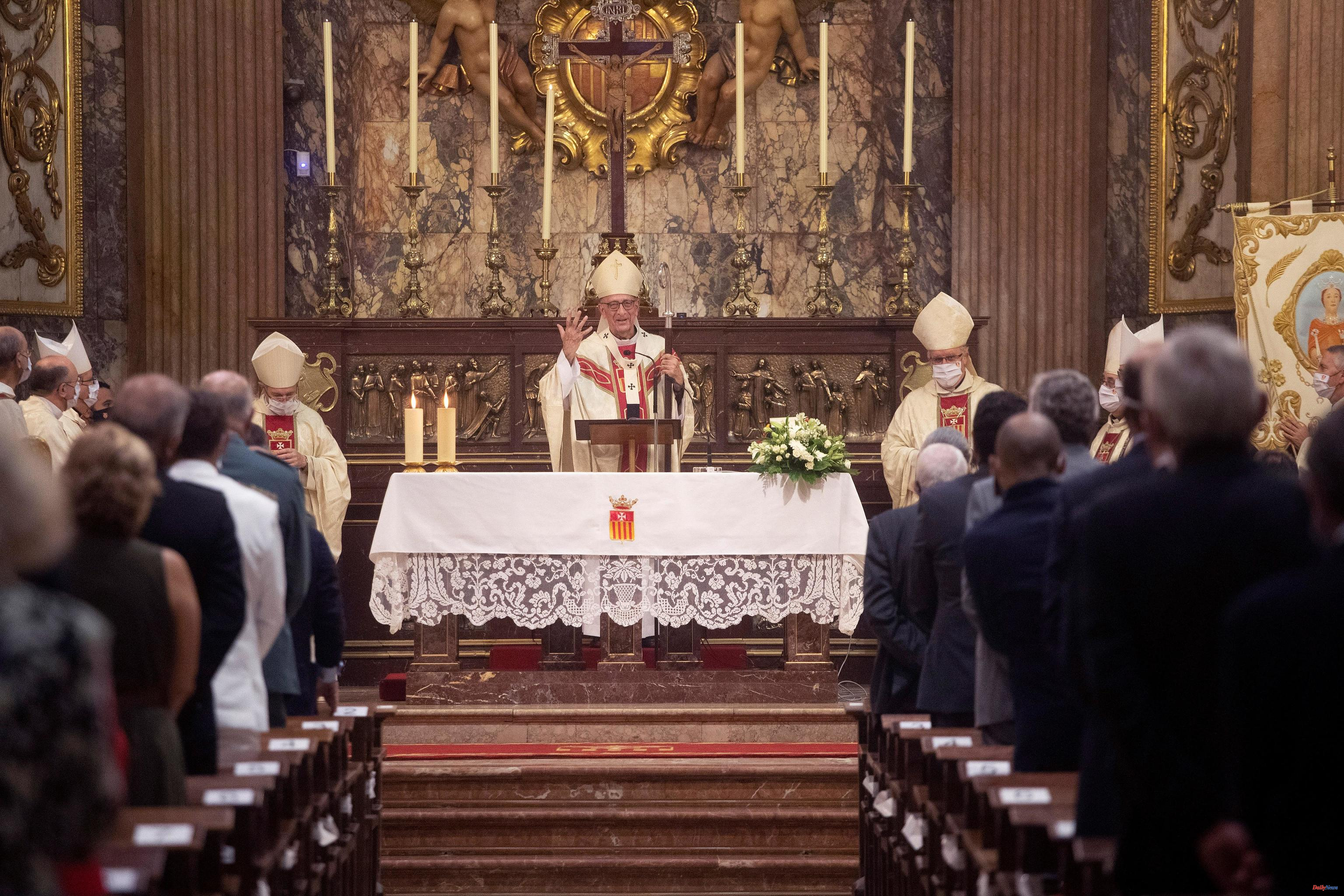The Catholic Church has collected more than 320 million euros in the last campaign of the income statement, a record figure that represents an increase of 8.5% over the previous year and that is due to the increase of 84,201 in the number of statements in favor of the Church.
This is how the Vice-Secretary for Economic Affairs of the Spanish Episcopal Conference (CEE), Fernando Giménez Barriocanal, has advanced this Tuesday, who has detailed that more than 8.5 million Spaniards check the box of the Church taking into account the individual declarations and the joint, which represents 31.29% of those presented.
The total amount assigned to the Church in the last income campaign, which refers to the 2021 fiscal year, reaches 320,723,062 euros, a "record figure for the system" and which represents an increase of 8.5% compared to the previous year. (25 million more).
On average, the contribution that the Church receives from each taxpayer is 37.73 euros. With the provisional data, it can be seen that the number of declarations in favor of this institution has increased by 84,201, more than double that of the previous year, which represents significant support for the work of the Church.
The tax allocation represents, on average, 22% of the financing of the dioceses, which in the opinion of the EEC is a progressive improvement of its own financing capacity by other means apart from the income statement, thanks to the increase from own collections, from the work of support offices in the dioceses, etc.
In this sense, Barriocanal has reported that collections have increased by 10% this year and more and more faithful are committing to periodic quotas, which help parishes to have financial economic planning.
The total number of declarations in favor of the Church has increased in 14 of the 17 autonomous communities (especially Andalusia, Madrid, Castilla-La Mancha and the Valencian Community) and 10 communities are above the average in percentage of allocators.
Castilla-La Mancha (44.2%), La Rioja (43.5%), Extremadura (43.4%), Murcia (42.6%) and Castilla y León (41.7%) stand out. In relation to the assigned amount, there has been an increase in the amount collected in all the autonomous communities. In absolute terms, the largest increases have been in Madrid, Andalusia and the Valencian Community.
As they have highlighted, the dioceses that are in provinces with high incomes such as Madrid, Barcelona, Seville, Malaga or Murcia help support the dioceses of depopulated Spain and, therefore, with less capacity for their support.
"It is an authentic mechanism of ecclesial communion of resources that allows maintaining pastoral action in places where, otherwise, it would be almost impossible," Barriocanal stressed.
For the director of the Secretariat for the Support of the Church, José María Albalad, these results are "a boost to the social and spiritual service" of the Church, which comes after a few years of "special difficulty" due to the pandemic. In his opinion, taxpayers have rewarded the "huge work, often silent, but fruitful, of the Church."
The Vice-Secretary for Economic Affairs of the EEC is of the same opinion, who has explained that in moments of special difficulty, taxpayers recognize the assistance work of the Church and has recalled that something similar happened after the 2008 crisis.
"The Church has its lights and its shadows, but behind it is the assistance and accompaniment work", which in times "as hard as the ones we live in", is necessary for society.
According to the criteria of The Trust Project












